detail profile j fisher white
Peran Yang Di Mainkan J. Fisher White
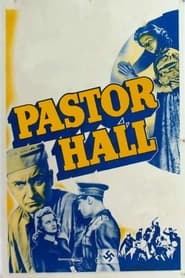 The village of Altdorf has to...
The village of Altdorf has to...Pastor Hall 1940
The village of Altdorf has to come to terms with Chancellor Hitler and the arrival of a platoon of Stormtroopers. The Stormtroopers go about teaching and enforcing "The New Order", but Pastor Hall, a kind and gentle man, won't be cowed. Some villagers join the Nazi party avidly, and some just go along with things, hoping for a quiet life, but Pastor Hall takes his convictions to the pulpit.
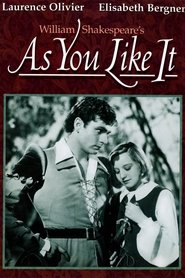 Film version of Shakespeares comedy of...
Film version of Shakespeares comedy of...As You Like It 1936
Film version of Shakespeare's comedy of a young woman who disguises herself as a man to win the attention of the one she loves.
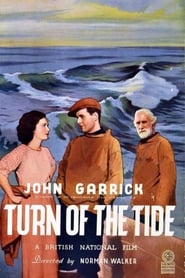 Turn of the Tide is a 1935...
Turn of the Tide is a 1935...Turn of the Tide 1935
Turn of the Tide is a 1935 British film directed by Norman Walker. It was the first feature film made by J. Arthur Rank. It is set in a North Yorkshire fishing village, and relates the rivalry between two fishing families. The actors included John Garrick, Geraldine Fitzgerald, Wilfrid Lawson speak in the local accent. The work is based on the novel Three Fevers by Leo Walmsley.
 An elderly shopkeeper and his granddaughter...
An elderly shopkeeper and his granddaughter...The Old Curiosity Shop 1934
An elderly shop-keeper and his grand-daughter are threatened by the rich, mean-spirited dwarf Quilp, and decide to flee across England to escape him. They are pursued both by Quilp and by the shop-keeper's long-lost brother, who wants to find them for a different reason.
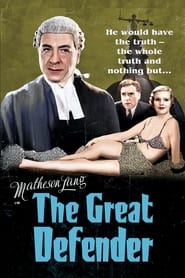 Sir Douglas Rolls is a highly...
Sir Douglas Rolls is a highly...The Great Defender 1934
Sir Douglas Rolls is a highly respected defence lawyer of many years experience. Now in rapidly failing health, he is advised to retreat from the courtroom and pursue more pleasurable activities. But it is just at this point in his life that his great lost love a woman his own strong sense of duty led him to give up twenty years ago, and whom he still loves deeply walks into his chambers to ask that he defend her adulterous husband, now to stand trial for murder. Reluctantly agreeing to take on the case, Sir Douglas soon finds there is more to the story than meets the eye.
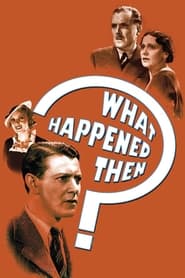 Young Raymond Rudfordsculptor is on trial...
Young Raymond Rudfordsculptor is on trial...What Happened Then? 1934
Young Raymond Rudford,sculptor, is on trial for slitting the throat of his uncle, who had adopted and raised him after Raymond's parent's died when he was a young boy. The prosecution allows his motive was fear of being disinherited if he married his fiancé, the fair Alicia Atherton, against his uncle's wishes, and the prosecution lays a mountain of evidence against Raymond, including his razor, dragged from an artificial lake on the estate, as the murder weapon; Raymond's bloody fingerprints and footprints found at the scene of bedroom crime, and his bloody shoes, found in his cupboard and bloody monogrammed-handkerchief found under his uncle's death bed. Raymond's only defense is that he could not have committed the crime as he goes into a paroxysm of dread at the mere sight of blood, a phobia he has had ever since childhood when his dog was run over by a lorry and the dog's blood was splattered into his face.
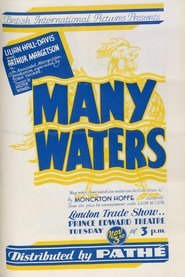 An elderly couple reminisce about the...
An elderly couple reminisce about the...Many Waters 1931
An elderly couple reminisce about the romantic adventures of their youth.
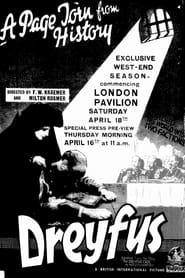 In 1894 French officer Alfred Dreyfus is...
In 1894 French officer Alfred Dreyfus is...Dreyfus 1931
In 1894, French officer Alfred Dreyfus is wrongly convicted for the treasonous acts of another man, Major Esterhazy. When investigations begin into the dubious evidence used in the trial, an institutional coverup begins, aided by fears of army disgrace and anti-Semitic paranoia against Dreyfus. But a determined group, headed by prominent author Émile Zola, leads a mounting public call to reopen the Dreyfus case.
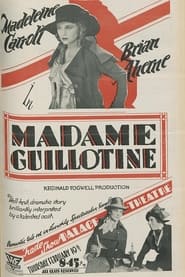 During the French Revolution a revolutionary...
During the French Revolution a revolutionary...Madame Guillotine 1931
During the French Revolution, a revolutionary falls in love with and marries an aristocratic woman.
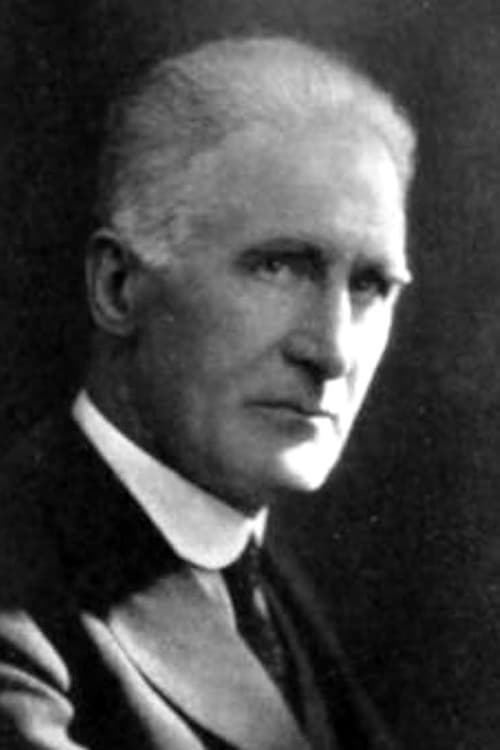
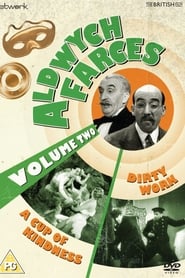 A tale of two feuding families...
A tale of two feuding families...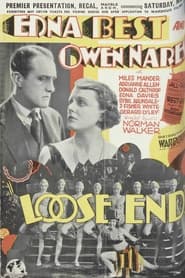 A woman reporter is blackmailed for...
A woman reporter is blackmailed for...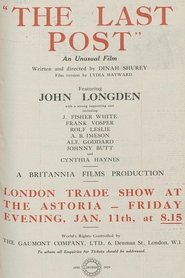 Soldier takes the blame when his...
Soldier takes the blame when his...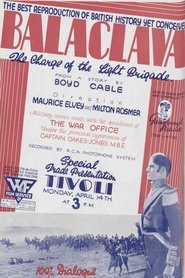 A British army officer is cashiered...
A British army officer is cashiered...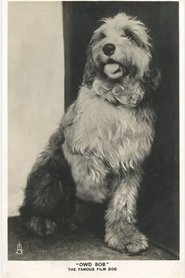 An old farmers sheepdog is saved...
An old farmers sheepdog is saved...